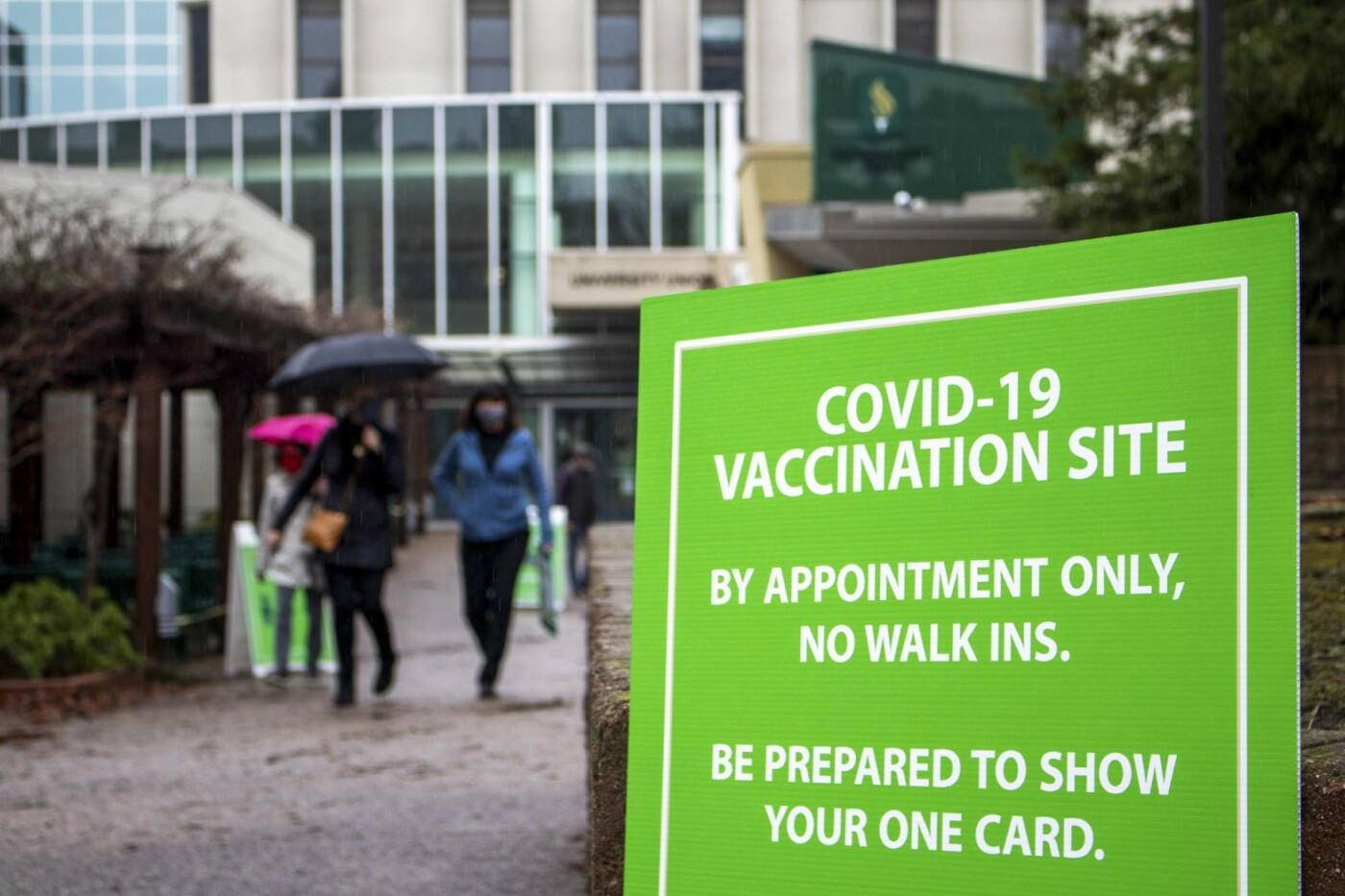The surge in COVID-19 cases due to the rapid spread of the omicron variant is prompting many colleges and universities to temporarily move instruction online.
But just how many colleges have made the adjustment and the length of time in distance learning that administrators expect are moving targets.
At least five California State University campuses in the Bay Area planned to start their spring semesters virtually in an effort to reduce the risk of spreading COVID-19: Cal State East Bay; San Francisco State University; California State University, Los Angeles; Sacramento State; and CSU Channel Islands.
San Francisco State University President Lynn Mahoney wrote in an open letter to the campus that while the university is exercising caution amid the Bay Area’s omicron variant wave, SFSU has no plans to fully shut down as it did in 2020 when the pandemic began in earnest.
Late Friday afternoon, UC Berkeley pivoted online for most instruction the first two weeks of the semester.
Oakland private institutions St. Mary’s College and Holy Names University also made the switch to remote learning, although St. Mary’s — which began instruction this week — planned to reopen campus on Jan 8. HNU, however, is looking at online learning through Jan 21.
Further afield, three University of California campuses have switched to remote learning: UC Davis, UC Santa Cruz, and UC San Diego. And on Friday afternoon, UC Riverside, UC Irvine, and UCLA declared the same.
All UC campuses are mandating COVID-19 vaccine boosters by the time classes begin on Jan. 18.
This article was updated Saturday to reflect UC Berkeley’s decision to also begin the semester remotely.
